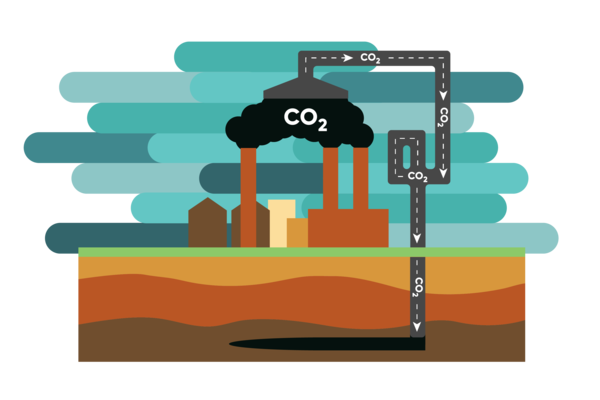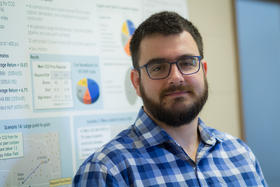Grinter Applefest to be Sept. 7
The Grinter Applefest will be from 9 a.m. to 4 p.m. Saturday, Sept. 7, at Grinter Place, 1400 S. 78th St., Kansas City, Kansas. The festival will include games and vendor booths, historical character presentations, musical entertainment, tribal historical presentations, and there will be an apple pie contest. There will be free tours of the historic Grinter House museum. Food will be available for purchase. There is no admission charge. For more information, see https://wyandotteonline.com/annual-grinter-applefest-planned-saturday/.
Walk to raise funds to fight sickle cell disease
The Uriel E. Owens Sickle Cell Disease Association of the Midwest, serving the Greater Kansas City area and outlying communities, is holding the 9th Annual Strolling for Sickle Cell, a 5K walk, from 9 a.m. to noon, on Saturday, Sept. 7, at Kansas City Kansas Community College Conference Center, at 7250 State Ave., Kansas City, Kansas. Walk registration begins at 8:30 a.m. Adults are $15 and children 3 to 12 years old are $5. Those under age 3 are free. For more information, see www.sicklecellmidwest.org.
Renaissance Festival continues Saturday and Sunday
The Renaissance Festival will continue from 10 a.m. to 7 p.m. Saturday and Sunday at 130th and State Avenue, Bonner Springs. Tickets are $22.95 for adults and $13.95 for children 5 to 12 years old. Those who bring five cans of food to the Renaissance Festial to donate to Harvesters will receive “buy one, get one” festival admission tickets. For more information, visit www.kcrenfest.com.
Church plans festival Saturday
Our Lady of Unity parish, 2646 S. 34th St., Kansas City, Kansas, is planning Unity Fest 2019 from 11 a.m. to 9 p.m. Saturday, Sept. 7. Barbecue and Mexican-style foods will be available, along with mariachi music and Hispanic dance groups for entertainment. Carnival games and inflatables will be included. A silent auction will take place in the church basement.
Spanish singing lessons planned
“Clases de Canto,” or Spanish singing lessons, are planned from 11 a.m. to 1:30 p.m. Saturday, Sept. 7, in Conference Room B, South Branch Library, 3104 Strong Ave., Kansas City, Kansas. The Spanish language singing class is taught by Sandra Zamora. For other library programs, visit www.kckpl.org.
Family story time planned
Family story time is planned from 11 a.m. to noon on Saturday, Sept. 7, at the youth services craft room at the Main Kansas City, Kansas, Public Library, 625 Minnesota Ave., Kansas City, Kansas. The event includes stories, dance and singing. The program is geared to ages 2 to 6.
Latino Arts Festival planned
The Latino Arts Festival is planned from 1 p.m. to 6 p.m. Saturday, Sept. 7, at Bethany Park, Central Avenue and North 12th Street, Kansas City, Kansas. Artists will have booths and will display artwork. There will be a lowrider and custom car show with a hop contest. Musical entertainment is planned. Food will be available for purchase. There is no admission charge.
STEM program planned
A Science, Technology, Engineering and Math program is planned from1 to 2 p.m. Saturday, Sept. 7, at the craft room, Main Kansas City, Kansas, Public Library, 625 Minnesota Ave., Kansas City, Kansas. The program is for children and teens. Participants will make crystals from a kit. Materials are included. For more library events, visit www.kckpl.org.
Author to read from book
Author Jerry Parrish will read from his book, “Steel Toes & Teeth,” from 1 to 3 p.m. Saturday, Sept. 7, at the auditorium, West Wyandotte Library, 1737 N. 82nd St., Kansas City, Kansas. A question-and-answer period will follow. This event is for teens, adults and senior adults. For more library events, visit www.kckpl.org.
T-Bones continue division playoffs
The Kansas City T-Bones will play the Sioux City Explorers in game three of the division playoffs at 7:05 p.m. Saturday, Sept. 7, at T-Bones Stadium, 1800 Village West Parkway, Kansas City, Kansas. The teams are tied 1-1 in the best-of-five games series. For more information, visit www.tbonesbaseball.com.
Send your event happening in Wyandotte County to news@g3f.1db.myftpupload.com. Be sure to include your name and contact information.



